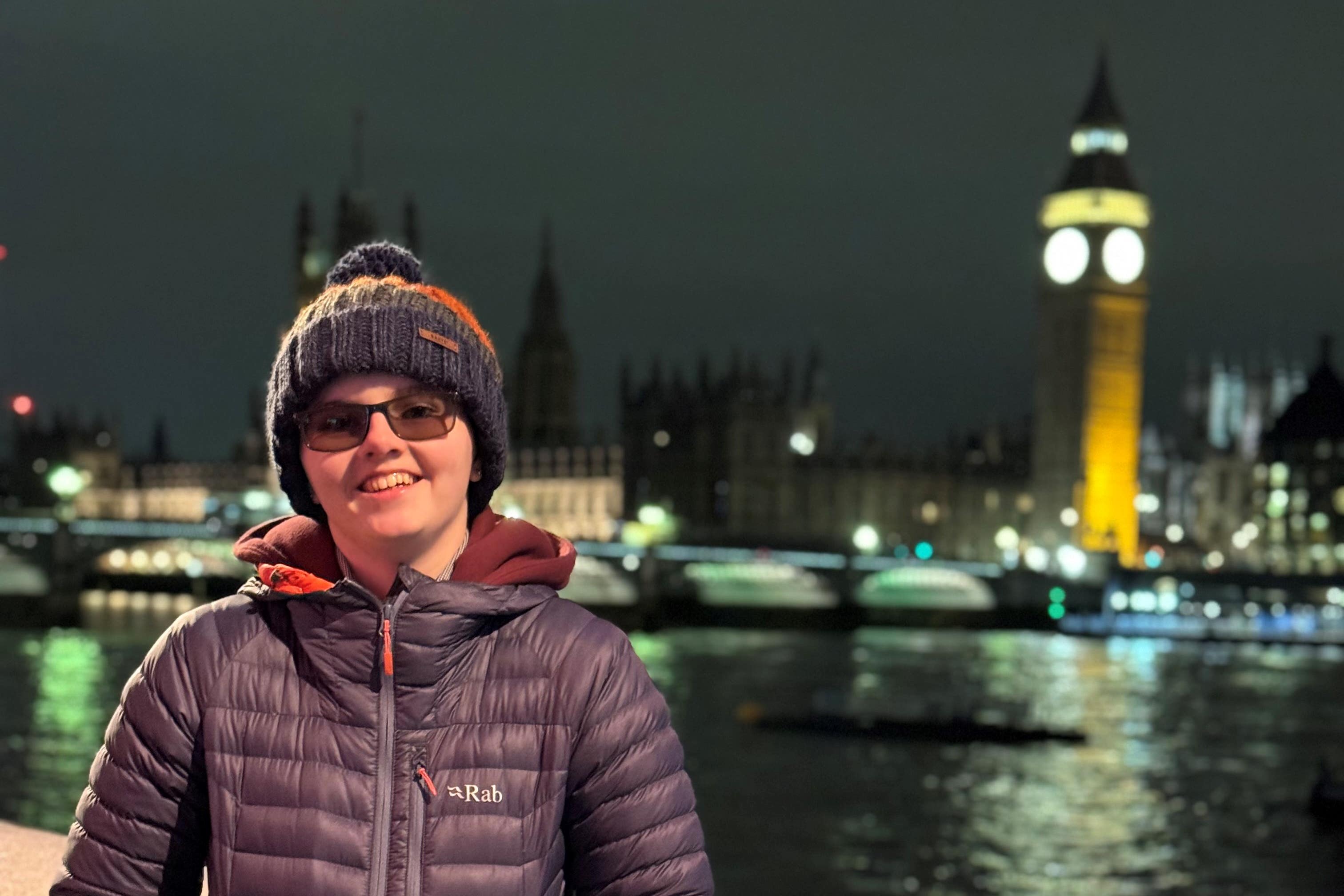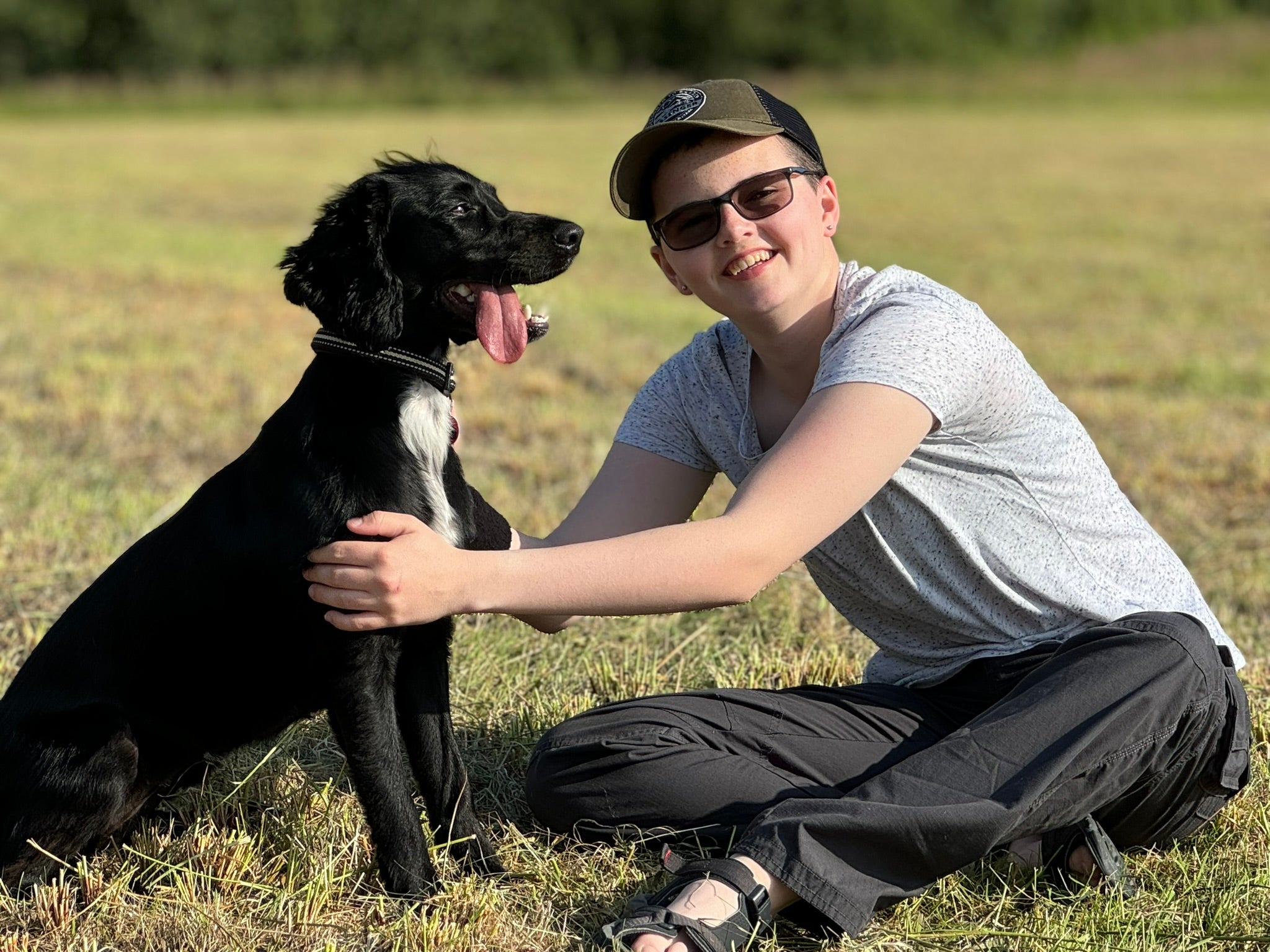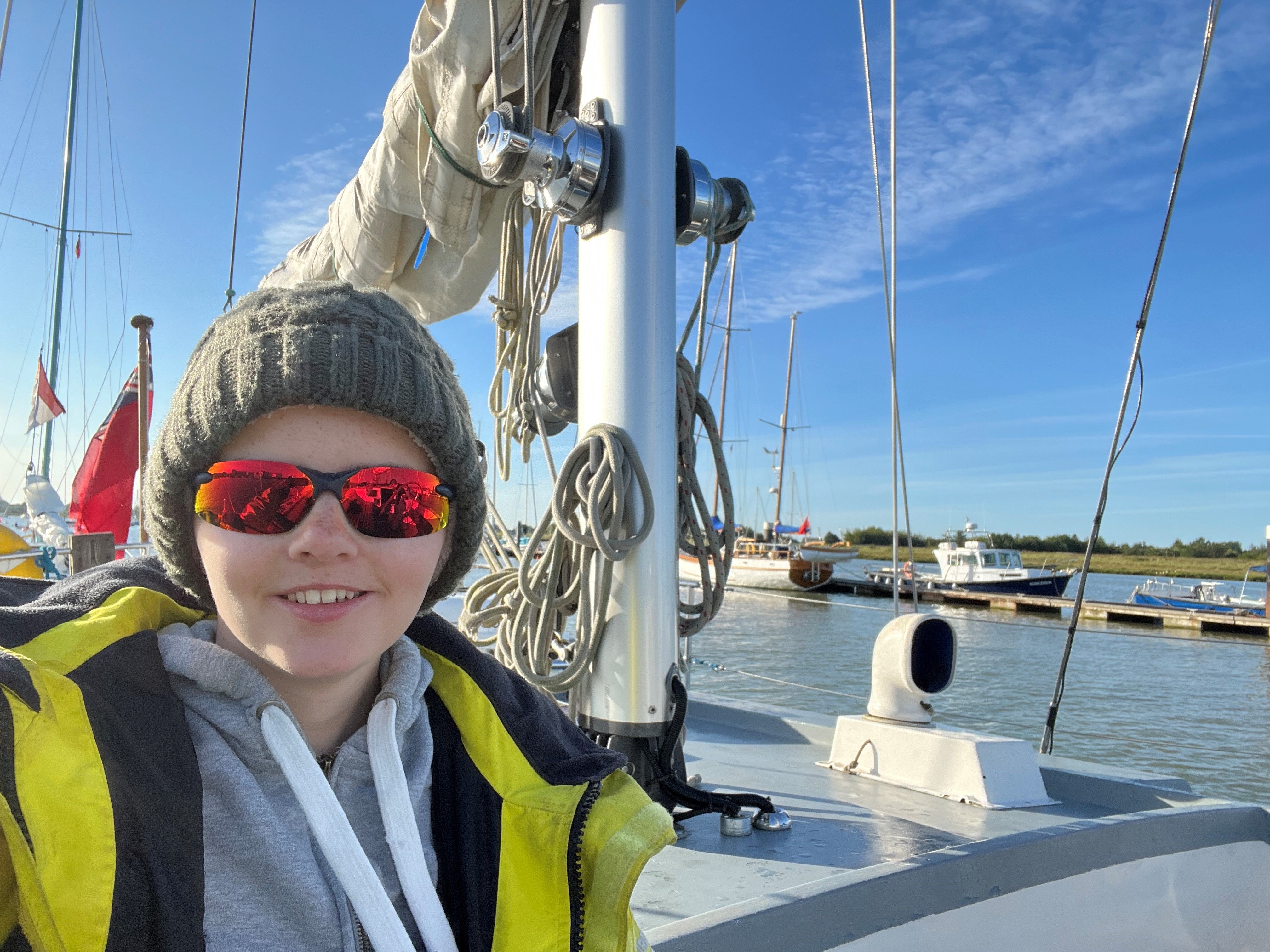Teenager first in UK to be given ‘bladder pacemaker’
The device sends electrical impulses to change the nerve messages going to the bladder

Your support helps us to tell the story
From reproductive rights to climate change to Big Tech, The Independent is on the ground when the story is developing. Whether it's investigating the financials of Elon Musk's pro-Trump PAC or producing our latest documentary, 'The A Word', which shines a light on the American women fighting for reproductive rights, we know how important it is to parse out the facts from the messaging.
At such a critical moment in US history, we need reporters on the ground. Your donation allows us to keep sending journalists to speak to both sides of the story.
The Independent is trusted by Americans across the entire political spectrum. And unlike many other quality news outlets, we choose not to lock Americans out of our reporting and analysis with paywalls. We believe quality journalism should be available to everyone, paid for by those who can afford it.
Your support makes all the difference.A 17-year-old has become the first teenager to receive a so-called “bladder pacemaker” at a new specialist service for children.
Jenny Allan, from Thanet in Kent, has a rare condition which meant she was unable to pass urine and had to “self catheterise” every few hours to empty her bladder.
She said the specialist bladder treatment – called bladder neuromodulation – has given her a “new freedom” to pursue her dream job as an ecologist.
During the procedure, an electrical stimulator device – similar to a pacemaker, is surgically implanted into a patient’s lower back.

The device sends electrical impulses to change the nerve messages going to the bladder.
These changes prevent incorrect or unwanted nerve messages in the bladder which can cause urinary incontinence or a person not being able to empty their bladder without a catheter.
Jenny, who has a condition similar to Fowler’s syndrome – a rare condition that typically causes urinary retention in young women, had the procedure at Evelina London Children’s Hospital, which has launched the UK’s first paediatric bladder neuromodulation service.
The hospital’s new service will offer specialist procedures for children and young people with rare bladder conditions who have not responded to standard treatment.
“I’m a very outdoorsy person and will be studying ecology at university in September, and hope to get a job in that field,” she said.

“If I’m lucky I could end up trekking through a rainforest or counting penguins in the Antarctic. This operation has meant that I won’t need to self-catheterise six times a day. Doing so is quite difficult even on a day hike in the Kent Downs where there aren’t toilet facilities every few hours, let alone in the middle of a rainforest or up a mountain.
“The operation has allowed me to have a whole new freedom and be able to do what I want in my life.
“It’s quite cool to be the first person to have this procedure in the new service at Evelina London. I’m loving my new-found freedom of not being reliant on carrying catheters with me all day.”
Arash Taghizadeh, consultant paediatric urologist and lead for the bladder neuromodulation service at Evelina London, said: “Bladder problems in children are common, and the majority can be simply and effectively treated to improve symptoms.
“However, there is a small minority of children and young people who do not respond to standard treatments.
“They may be left with either distressing urinary incontinence or they may not be able to able to empty their bladder without passing a tube (catheter) into the bladder.
“Bladder neuromodulation is a specialist procedure that has been available to adults for more than 20 years. It’s great that we’re able to offer it to children and young people to improve their symptoms, giving them greater independence over their daily lives.”
Barbara Kasumu, executive director of Evelina London Children’s Charity – which funded the service, said: “At Evelina London Children’s Charity we are committed to supporting the hospital to provide the latest innovative models of care.
“We are so proud to have funded the new bladder neuromodulation service which for the first time in the UK will help offer children and young people, like Jenny, a new sense of freedom.”